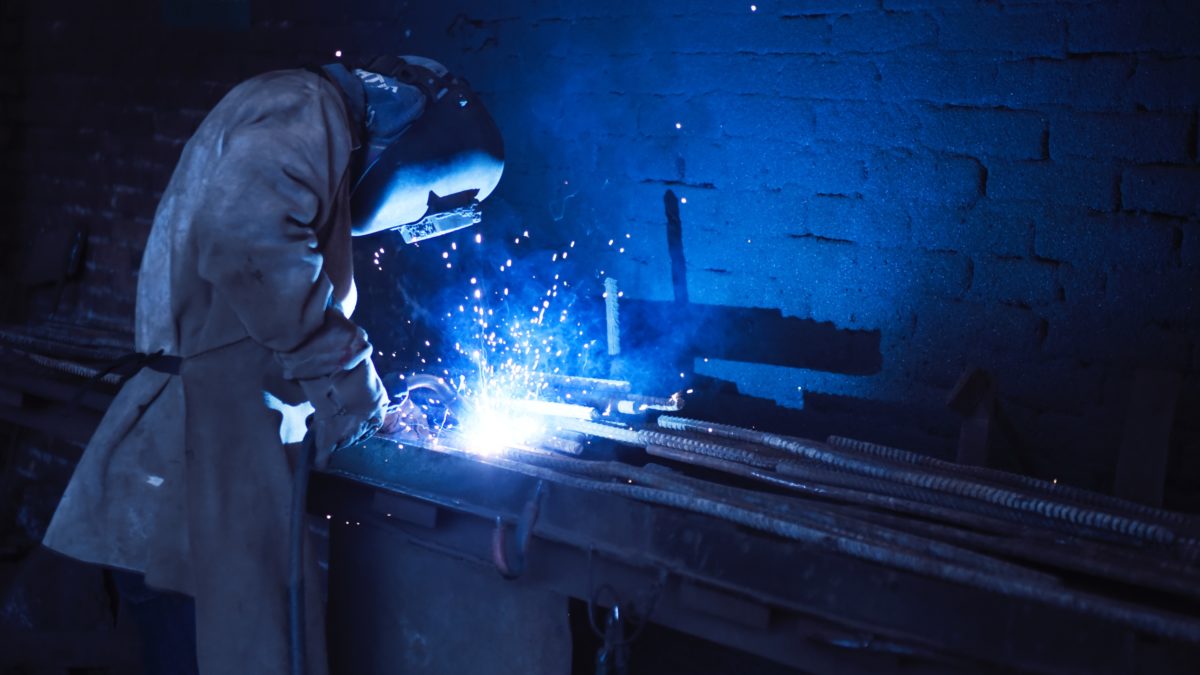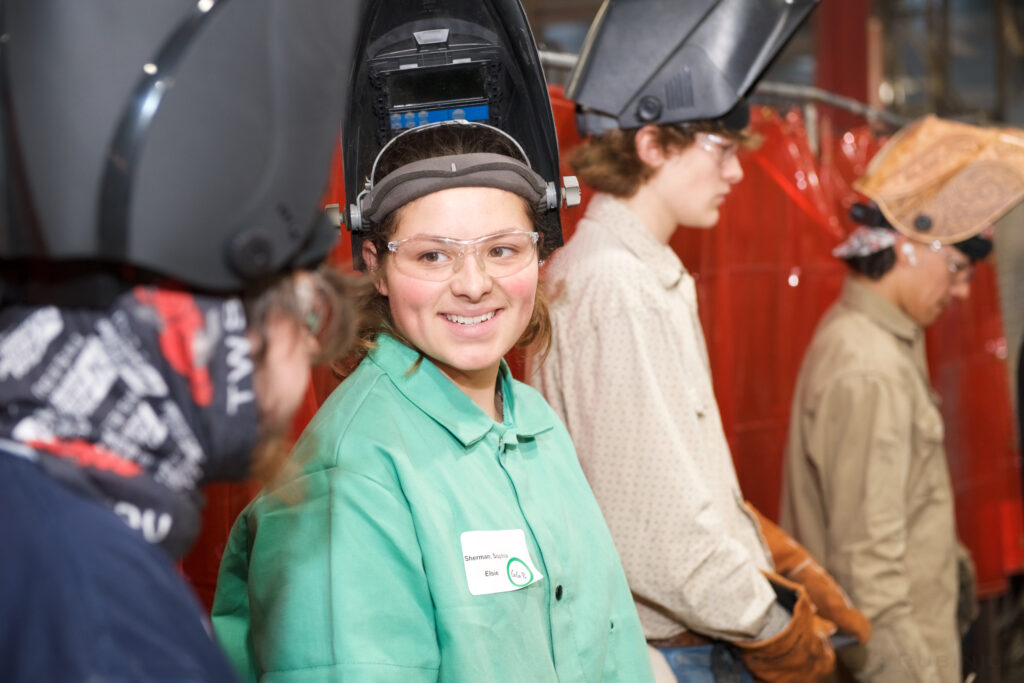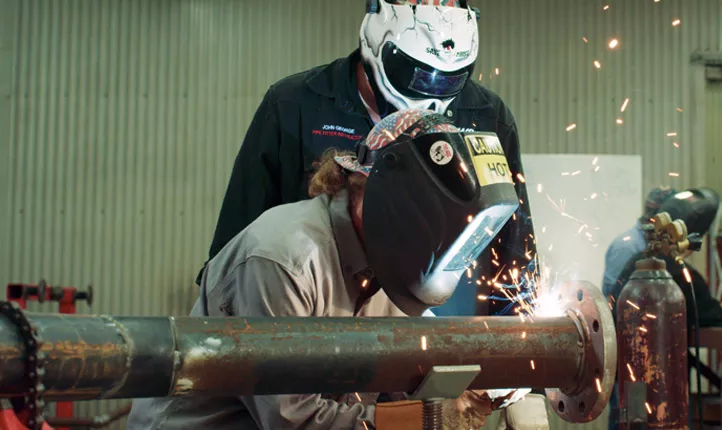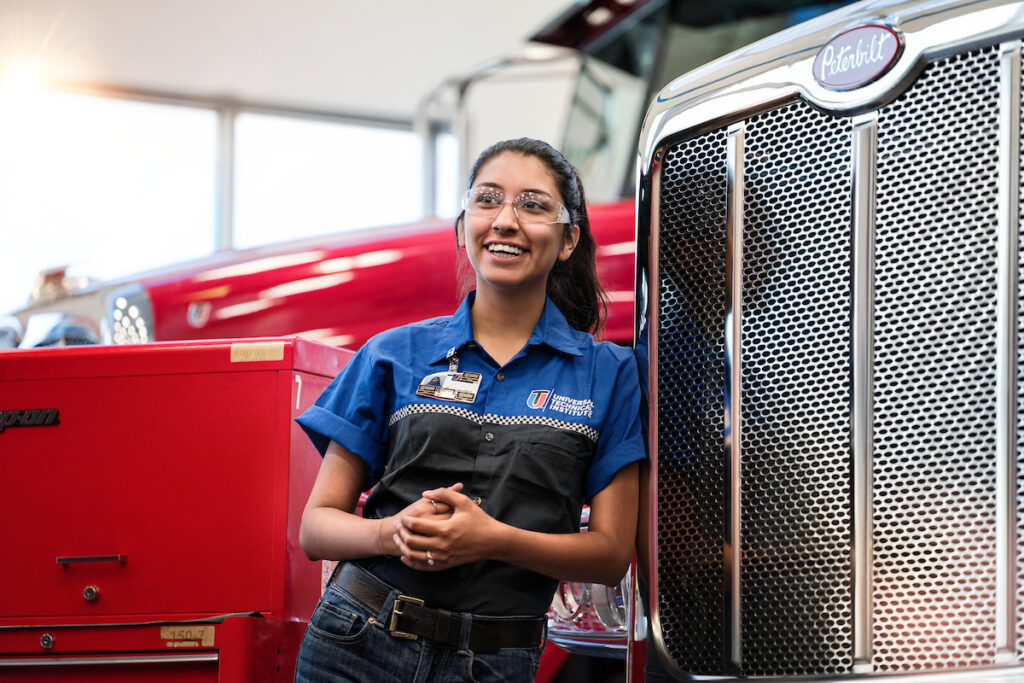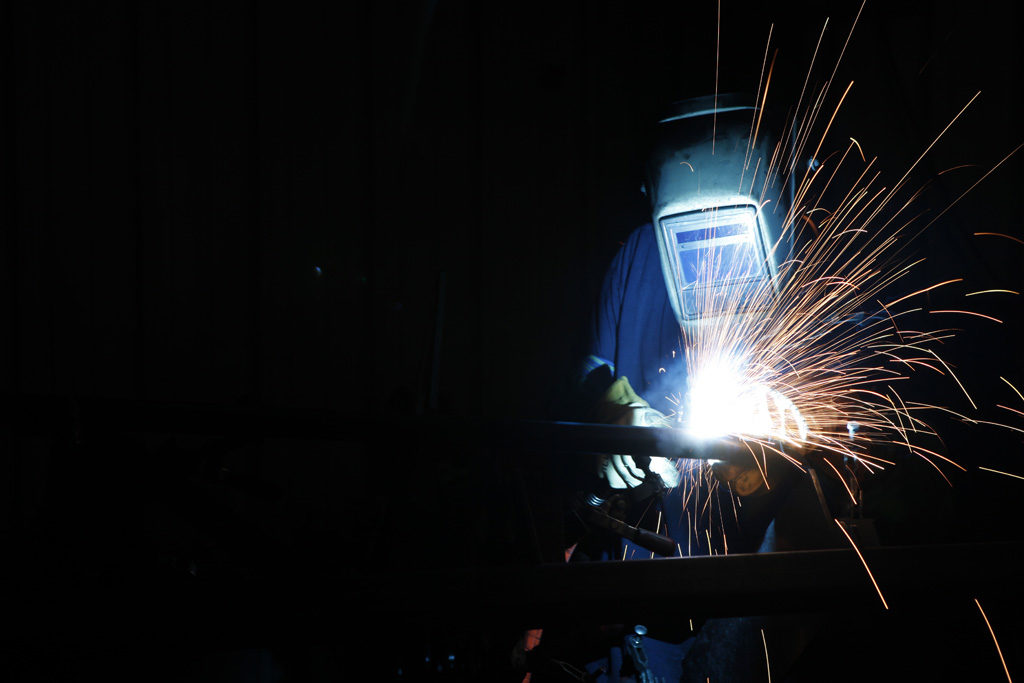Welding School – How Long Does It Take To Get A Welding Degree?
How Long Does It Take To Get A Welding Degree?
Choosing a Welding Program
Welding programs vary in length primarily because it depends on what you're learning. So when considering how long does it takes to get a welding degree, you'll want to consider this. That said, you'll want to choose a school that offers some crucial components. That includes:
Basic welding.
Professional welders must master the three basic welding processes: SMAW/Stick, GMAW/MIG, and GTAW/TIG. To make sure you're learning the fundamentals, choose a welding school that offers these basics. These three welding processes will help you tackle most projects that you'll face on the job.
Combination welding.
These courses will help you learn pipe welding and plate welding, too. Combination welding is a specialty within the field and is often used to repair metal pieces. Combination welders put metal together to create machine parts, equipment, and motors.
Reading blueprints.
Reading and understanding blueprints, in addition to your pipefitting skills, will be absolutely critical to finding professional success. To enhance your learning here, you can also enroll in classes like metallurgy, welding theory, and metal identification. Welding certifications.
Keep the end in mind! Find out if your school offers in-house welding certification tests. You can always take these on your own or with the help of a third party, but a school that offers certification support or testing opportunities is a good sign that they understand preparation for welding jobs.
Welding Curriculum
Your coursework will depend on what you choose to specialize in, and your program length will depend on your coursework. For example, if you decided to take on pipe welding at the same time as plate welding and all of the common welding processes, you can expect to spend at least five or six months earning your certification.
No matter how long the certification program, though, welders who are truly skilled at what they do never cease practicing. With that in mind, consider searching for a welding school that requires six to twelve months of learning. That should be more than enough time for you to refine your skills.
Earning a Degree
The length of associate degree welding programs will require additional time, and you can expect to spend between 12 and 18 months earning your degree. Remember that a degree is not required to become a welder, and many employers are primarily looking for past experience and current certifications on your resume.
Still, earning a degree can prove to be a great asset. In can be beneficial to get that extra education, training, and experience, especially in setting yourself apart from the competition during the hiring process and if you decide to seek supervisory or management roles.
Exotic Welding Programs
Not all welding projects use steel. Another option you can consider when choosing a welding program is learning how to work with exotic metals and alloys. There are many manufacturers, plants, and factories that use a wide variety of different metals for the products they create.
Plus, becoming a more specialized welder can often mean earning more money since fewer people have those skills. Note that taking the extra time to hone those skills will take, well, more time. You'll need to be prepared to stay in school a bit longer to learn this special art.
Underwater Welding
Not content to weld on land? Maybe you should consider wet welding! Underwater welding programs vary because some offer both commercial diver training and welding instruction, while others are designed to train experienced divers to weld (or experienced welders to dive).
Depending on your past experience and certifications, you can expect to spend between 6 months and two years to complete an underwater welding program. You will become a certified diver and salvage expert!
Students, Beware
Don’t be so eager to slip on your welding gloves and welding mask that you end up in an unreliable program. Unfortunately, scam schools are out there and it can be easy to miss the red flags when you're excited to get to work.
When you start looking at schools, you’ll find that many have claims of training students in just three months. Any experienced welder will tell you this simply isn’t enough time to learn much more than the basics—if that. Make sure you carefully research prospective schools, and talk to instructors, current students, and graduates about their experience.
Our partner, Tulsa Welding School offers welding degree programs.
Let’s Talk Picking the Right Trade School with Universal Technical Institute
Let’s Talk Picking the Right Trade School with Universal Technical Institute: SEASON 5, EPISODE 3 MORE FROM OUR EPISODE ON picking the right career school with universal technical institute Find Your Perfect Training Program At UTI, our mission is to prepare technicians for the careers…
Let’s Talk Women in Welding with Tulsa Welding School
Let’s Talk Women in Welding with Tulsa Welding School: SEASON 5, EPISODE 2 MORE FROM OUR EPISODE ON Women in welding WITH tulsa welding School Contact TWS — Houston, TX Click Here For A Virtual Tour! Location 243A Greens Rd. Houston, TX 77060 Contact tulsa…
Making HERstory: Women in Welding Careers
The world is currently experiencing a shortage of qualified skilled welders as part of the greater “Skilled Trades Gap”. Filling this gap is necessary, as welding impacts many industries and supports the maintenance and growth of infrastructure. With the demand increase in welding career fields,…
Narrowing the Skills Gap: The UTI Way
Sponsored by: The Skills Gap. We’ve been talking about it for years. It’s a real problem in our world today, yet the gap is not narrowing. It’s talked about in many educational circles. At Universal Technical Institute, we are taking a proactive approach as we…
Leave a Reply Cancel reply
- - ADVERTISEMENT - -
Categories
- Alumni Series (13)
- Automotive (57)
- Aviation (15)
- Business (14)
- Business & Arts (18)
- Career College Expositions (7)
- Career Development (96)
- CCC Blog (1)
- CCC Podcast (9)
- College Resource (90)
- College Showcase – Lincoln Tech (6)
- College Showcase – New Jersey (8)
- College Showcase – Pennco Tech (1)
- College Showcase – Universal Technical Institute (2)
- Continuing Education (154)
- Cosmetology (3)
- Counselor Resources (108)
- Criminal Justice (3)
- Dental Assistant (2)
- Education (109)
- Financial Literacy (17)
- Health Sciences (50)
- Heritage Series (3)
- High School Recruitment Series (4)
- Housing Series (10)
- HVAC (8)
- Imagine America Scholarships (12)
- Information Technology (17)
- Massage Therapy (5)
- Mechanical Sciences (109)
- Medical Assistant (12)
- Millennial Student Series (4)
- News (11)
- Nursing (22)
- Online education (13)
- Pandemic Proof Series (4)
- Personal Finance (17)
- Podcast (90)
- Research (11)
- Road Map Series (2)
- Scholarships (12)
- Social Media Series (4)
- Strata Tech (3)
- Student Success (29)
- Study Tips (3)
- Time Managment (1)
- Top 10 (10)
- Trucking (2)
- Uncategorized (14)
- Universal Technical Institute (19)
- Veteran Affairs (8)
- Welding (24)
- Women in Skilled Trades (3)
Tags
- - ADVERTISEMENT - -

